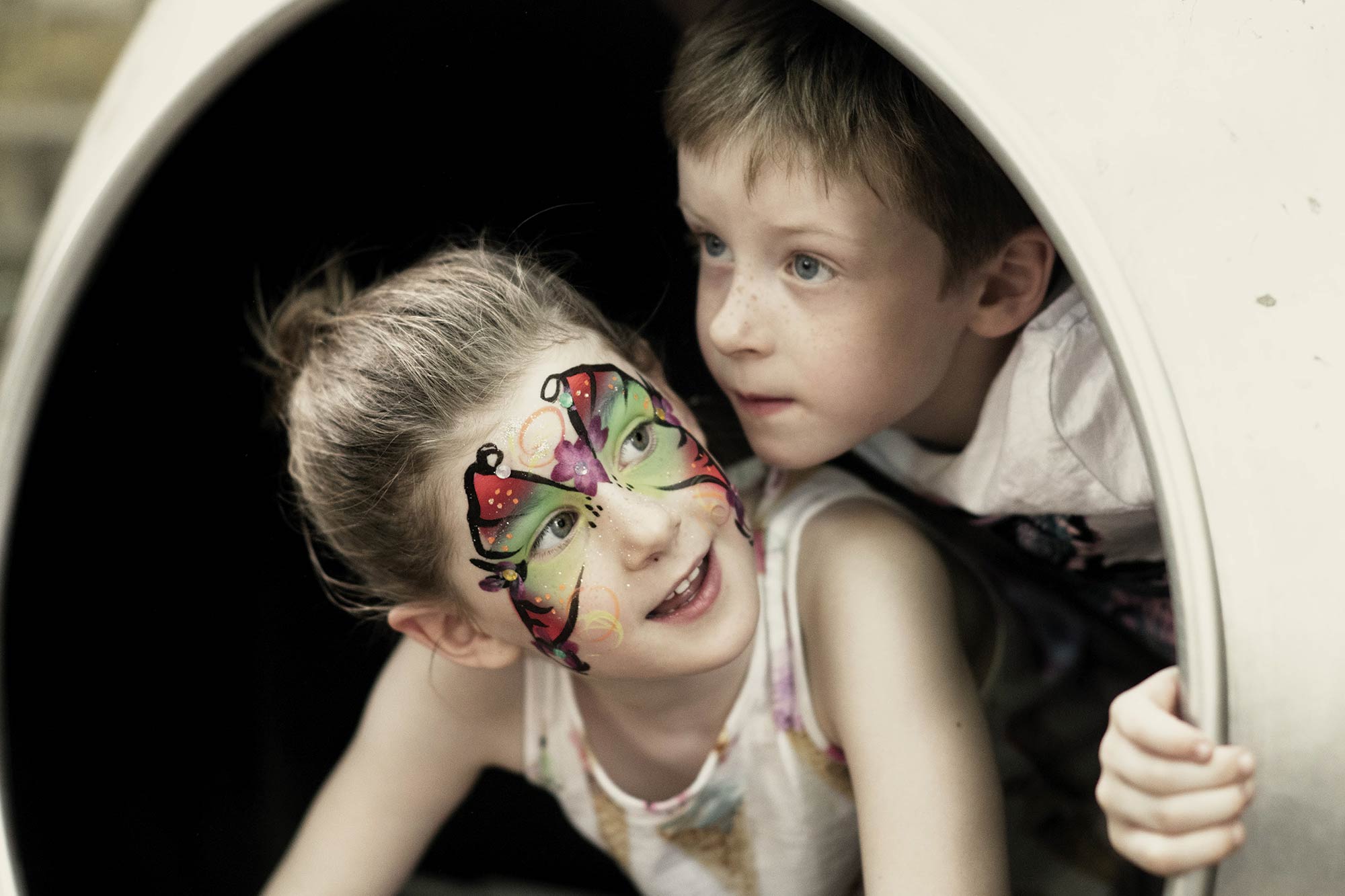Here are seven reasons why a progressive education could be a good fit for your child…
Do you have a child who doesn’t enjoy learning in a traditional classroom setting? Do you think exams, grades, and homework are pointless? Do you believe children learn by doing? Does your child respond well to being able to explore and discover things for themselves? If you have answered yes to any of the above questions, you should probably be looking at progressive schools.
In the progressive education movement, your child is placed at the centre of the learning process and is encouraged to think for themselves
Progressive education encourages children to be independent, curious, and to become confident and enthusiastic learners. Many people think this a new approach, but the progressive education movement actually dates back to the end of the 19th century and beginning of the 20th century in America. Philosophers and educators, such as Francis Parker and John Dewey, were opposed to the rote learning that was favoured in most educational institutions at the time. They believed that memorising facts with the goal of regurgitating them was not learning. Instead, they favoured a child-centred approach to learning with an emphasis on creativity and exploration.
Putting the child at the centre of the learning process and encouraging them to think for themselves is at the centre of the progressive education movement. This helps them to build self confidence and fosters a love of learning.
School is an experimental area where your child will learn by doing and follow their own curiosity
Progressive education focuses on experiential learning, allowing students to actively engage in activities and hands-on projects, experiments, investigations and collaborations with other students. The pedagogical movement also encourages cross-curricular learning, so what is studied in one subject will then be applied to another. Traditional education focuses on teaching children facts, which can be at the expense of understanding what is being taught. Progressive education, on the other hand, teaches children to approach subjects from different perspectives, which helps to deepen their conceptual understanding of a topic. Children learn skills such as teamwork, critical thinking, creativity, and the ability to work independently. This helps students to make the connection between their own interests and different topic areas as well as identify their passions.
Progressive teachers recognise the creativity and passions of individual students and allow them to develop
Progressive schools tend to have small class sizes where teachers are able to give students a lot of one-to-one attention. At Dallington School in central London, for example, classes are rarely bigger than about 15. The school prides itself on its staff really understanding the children and being able to deliver excellent communication between school and parent – something many independent schools promise, but are often unable to actually deliver. This deep understanding of students enables teachers in progressive education to nurture a child’s individual passions and to support their curiosity as they learn. As a result, students in progressive education tend to develop pride in learning and mastering each subject and topic.
Creativity and art helps nurture your child on their voyage of discovery and encourage independent thought
A cross-curricular approach to learning means that the arts are not seen as an isolated activity in most progressive education programmes. At Dallington School, for example, art and design are an integral part of all cross-curricular project work. Whatever their ability, children in progressive education are encouraged to explore their creativity and are taught that it’s the journey, not the end result that’s important. The arts are seen as a way for students to learn skills such as the ability to work collaboratively or take constructive criticism. This approach to teaching the arts not only allows children to develop their natural talent, but also helps them to develop on a personal level, extending their appreciation of the world in which they live.
In progressive schools, everyone´s opinion matters
In progressive education, children’s powers of reasoning are nurtured and a lot of emphasis is placed on reflective and critical thinking skills. The classroom is an environment where everyone is encouraged to listen to others and respect them for their different points of view. In some schools, progressive teachers encourage students to develop an interest in community life by taking part in service learning projects. Children are taught that the world is full of different perspectives and that social awareness is important.
Progressive schools focus on learning outcomes and develop intrinsic motivation
In progressive education, the goal is to encourage children to continue reading, questioning and thinking. At Dallington, for example, homework is limited to researching a topic, catching up on reading or making something. Progressive educators tend to be conscious of turning off childrens’ interest in a subject by setting pages of test-like questions. Fostering a lifelong love of learning, the progressive education philosophy aims to promote long-term dispositions, rather than just improve short-term skills.
Unlike traditional education, progressive schools do not believe that exams are an accurate gauge of an educated child
Many independent schools put a huge emphasis on exams and testing. In progressive education programs, teachers don’t just teach students information with the goal of them remembering it and then getting perfect exam scores. At Dallington School, for example, students´ progress is constantly monitored by teachers, with assessments three times a year which give additional information. There is differentiated teaching in the classroom, so that children who are able, can be stretched and stimulated by more advanced work, whilst those who need more help, are given it. With progressive education, there is still academic rigour, and literacy and numeracy is given as much importance as in more traditional schools. A truly progressive education allows children to grow in confidence, learn to think for themselves and develop all the skills they need to not only progress to their next school and university, but which also prepare them for the world beyond.






COMMENTS ARE OFF THIS POST